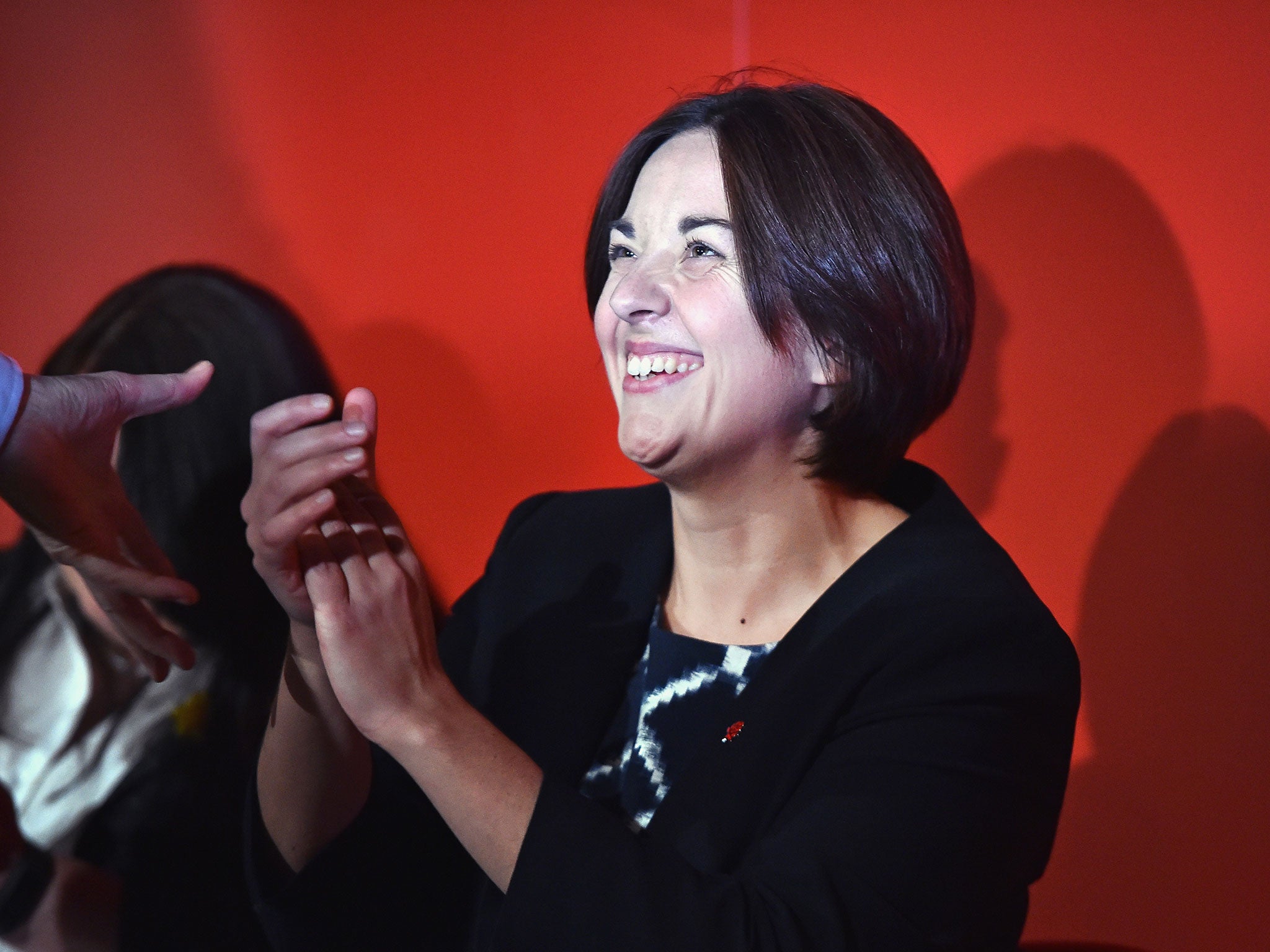Response to Kezia Dugdale's coming out shows we’ve come a long way
Scotland is now thought to be the only country where the majority of its mainstream party leaders are not heterosexual

It is 31 years since a young politician told a rally: “My name is Chris Smith. I’m the Labour MP for Islington South and Finsbury, and I’m gay.”
With those words – which received a five-minute standing ovation – the future Culture Secretary became the first British MP to come out of the closet.
His bold step came at a time when ambitious gay politicians automatically kept their sexuality to themselves – it was only in 1967 that homosexual acts between men aged 21 and over were decriminalised – as it was considered electoral poison to be regarded as “a confirmed bachelor”.
Until the late 1990s privately gay MPs were viewed as fair game by tabloid reporters on the grounds that their silence amounted to hypocrisy.
All that has changed spectacularly in less than two decades and there is barely a ripple in the news agenda when a politician comes out.
The latest was the Scottish Labour leader, Kezia Dugdale, who disclosed this weekend that she was in a relationship with a woman. “I don’t talk about it much because I don’t feel I need to,” she added.
She joined Ruth Davidson, the leader of the Scottish Conservatives, David Coburn, leader of Ukip Scotland, and Patrick Harvie, leader of the Scottish Greens, in coming out as LGBT (lesbian, gay, bisexual or transgender).
Scotland is now thought to be the only country where the majority of its mainstream party leaders are not heterosexual.
South of the border, 35 Labour, Tory and SNP MPs have come out, giving Westminster what is believed to be the highest proportion of gay politicians in any national parliament. They included the Scottish Secretary David Mundell, who became the first openly gay Tory Cabinet minister in February, with David Cameron saying he was “pleased and delighted” for his colleague and his son, Oliver, declaring that he was prouder than ever of his father.
By contrast Sweden and the Netherlands – countries which pride themselves on their liberal social attitudes have 12 and ten gay parliamentarians respectively.
Most of the out MPs posed alongside gay peers for a group photograph in Westminster in February to mark LGBT History Month – an image that would have been unthinkable until recently in the Mother of Parliaments.
Lord Smith spoke of his delight in the dramatic change in attitudes over the last generation.
“It’s a transformation that has come on the heels of a transformation in broader society - over the last 20 years social attitudes have changed enormously,” he told the Independent.
“I think that is largely because people in their neighbourhoods, workplaces, families have come to know people who happen to be gay and realise they are ordinary, decent, hard-working people and are nothing to be scared of or worried about.”
He said that the growing awareness of LGBT rights had encouraged more gay people to stand for elected positions – and also spurred business people, entertainers and sports stars to be open about their sexuality
Join our commenting forum
Join thought-provoking conversations, follow other Independent readers and see their replies
Comments
Bookmark popover
Removed from bookmarks